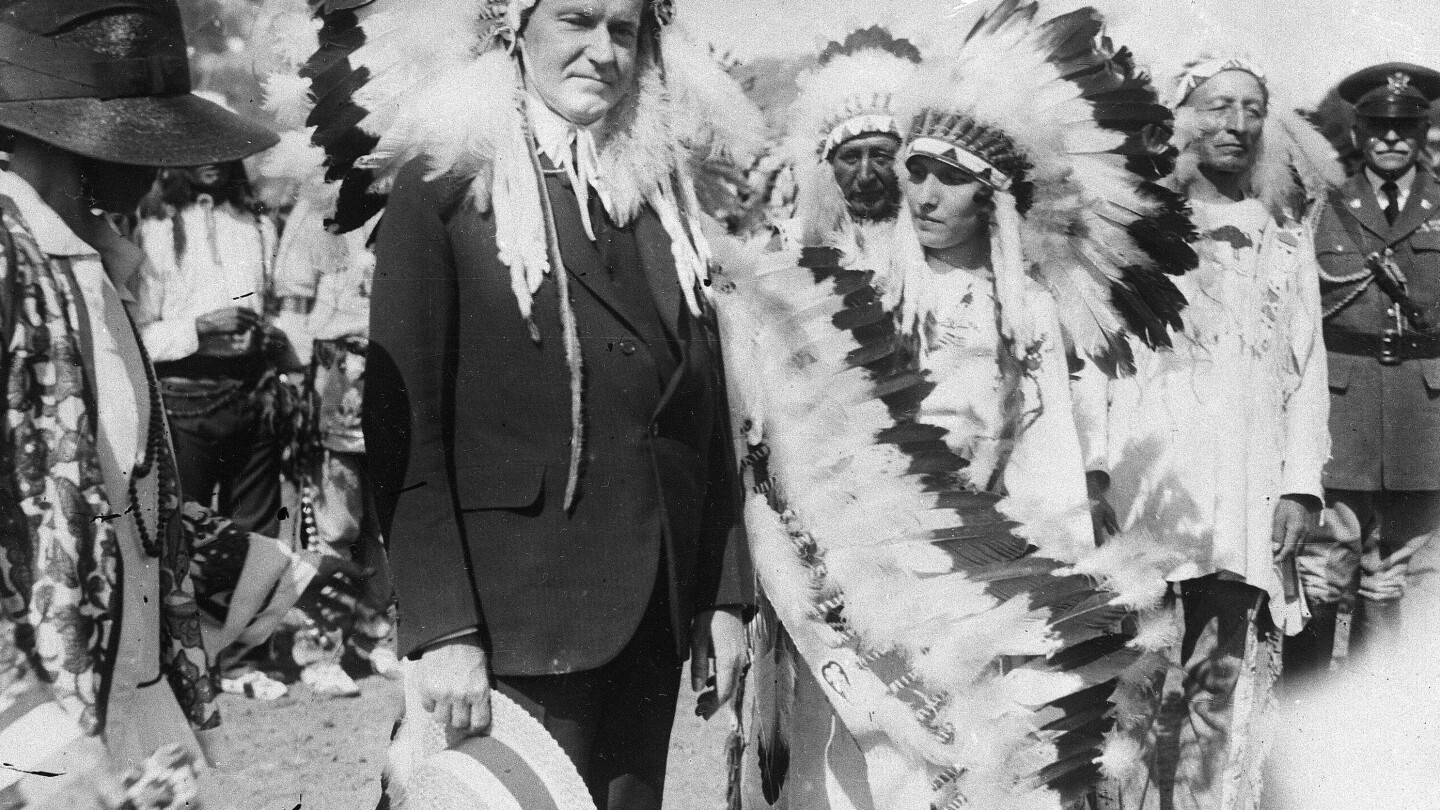It’s been a century now since an act of Congress granted citizenship to Native Americans, but advocates say that right bestowed in 1924 still hasn’t translated into equal access to the ballot. Inequities are especially pronounced in remote regions across the U.S., and some key Southwestern states with large Native American populations.
New Mexico is trying something new — a test run of sorts for many new and contested provisions that are part of the state’s Native American Voting Rights Act that was passed last year. The measure promises tribal communities a greater voice in how and where they can vote, even opening the possibility that tribal offices can be designated as a street address for remote households that have none.
Native Americans in New Mexico — home to 22 federally recognized tribal communities and holdings of an Oklahoma-based tribe — were among the last to gain access to voting, decades after the U.S. extended birthright citizenship to the land’s original inhabitants on June 2, 1924 through the Indian Citizenship Act.
That legislation took shape in the aftermath of World War I in which thousands of Native Americans had volunteered to serve overseas in the military.
A patchwork of statutes and treaties already offered about two-thirds of Native Americans citizenship, sometimes in exchange for land allotments that fractured reservations, gestures of assimilation, military service and even the renunciation of tribal traditions. The one-sentence Indian Citizenship Act swept away those requirements in an attempt to grant citizenship to all Native Americans.



For the sake of discussion, voting rights should belong to everyone the laws apply to. If you go by a different set of laws (tribal or territorial), why would you have a say in laws (by voting) that apply to everyone but you? Similarly, if you demonstrate that you won’t follow the laws, then why should you get a say in making them?